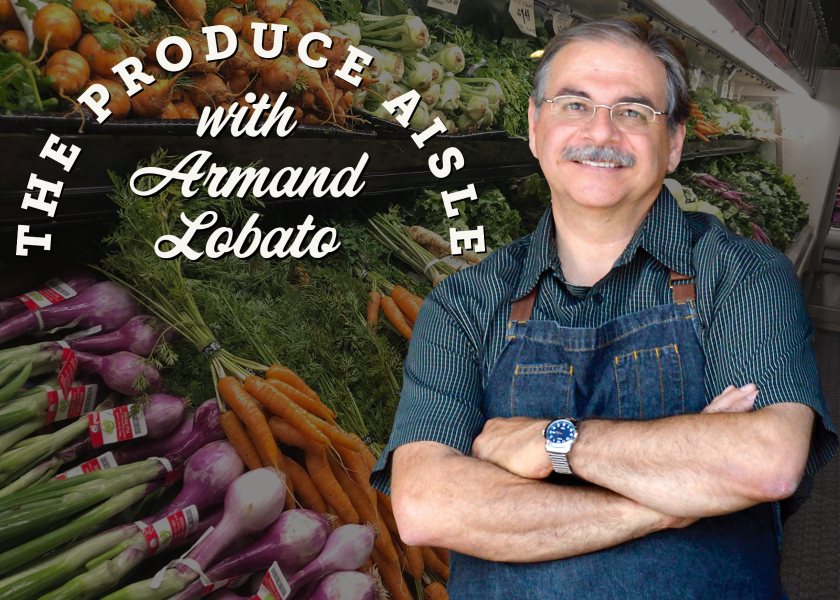If it ain’t broke — first, do no harm

As a retail produce professional who transferred to several new assignments over the years, I know what it’s like to walk into a store that needs immediate changes.
This was often the case when a store ran without a manager, even for even a short time. Or perhaps the previous manager managed to lose control of everything: sales, sanitation, ordering, merchandising, policies and procedures, safety, and crew morale — the whole shebang.
But wait a minute. What about when a manager takes over a well-run produce department? What then?
What then, indeed. I remember a freshly promoted, promising young produce manager in such a situation. He was tasked with taking over a store that top management considered not only well run, but one we viewed as a real flagship; It had a strong, experienced crew and a matching produce-savvy store manager, plus great morale, solid sales, low shrink and a strong gross profit. A real creampuff.
That newly promoted produce manager did everything possible to unravel all that was good with the place.
Just a few weeks in, this produce manager managed to get into trouble by overordering, underscheduling, merchandising out of sync, and while his employees were struggling, the manager was spending too much time in the office instead of where he should have been — in the produce department. It was such a heart-rending scene that we had to intervene and work with him right away.
Related: Read more insight from Armand Lobato
However, sometimes a manager — be it a produce manager or someone who takes over in any organization — might mistakenly presume that what they know is inherently best and that changes must be made for change’s sake. Sometimes that’s exactly what is needed, but it behooves someone walking into a new produce management assignment to first observe what is working before taking drastic measures.
Perhaps the reason a schedule was written a certain way was to accommodate an extra-early produce load. Or the strict sanitation lists were by design, made to keep a steady but rotating routine in place so that the department was always clean and therefore had no need for the detailed deep cleaning that many stores grumble about having to do once or twice each year.
A wise manager deliberates, asks questions and invites suggestions from the crew. Why do you set up the upcoming ad on this day instead of that day? Who else knows how to write an order? Is the morning workload spread out evenly or do we need to split things up between the setup person and the next shift? What does the crew need, and how can I help?
A good study of schedules, the crew strengths, their habits, training needs and sales history can provide a lot of insight for the new or incoming manager. A smart, humble manager will accept the features that are working, understand what builds camaraderie and teamwork and slowly introduce ideas and changes to improve — and must be open to consider alternatives.
If a produce department is obviously in dire straits and needs fixing, then by all means go in guns a-blazing. But should you ever venture into that less-common situation, the well-oiled retail produce machine, then it’s time to observe, absorb and let it all sink in.
Perhaps you’ll learn a thing or two in the process.
Armand Lobato works for the Idaho Potato Commission. His 40 years of experience in the produce business span a range of foodservice and retail positions.







